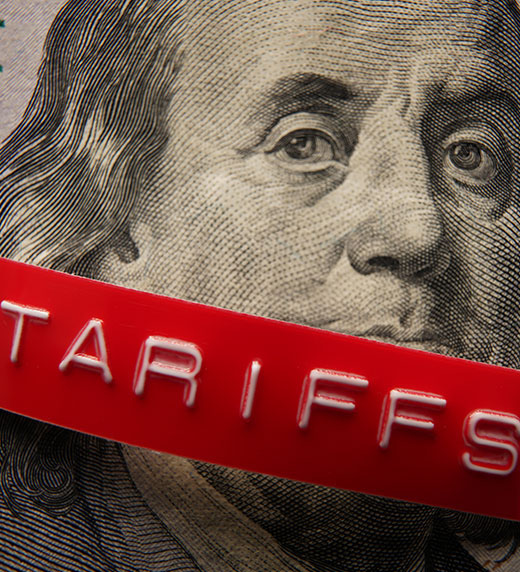
Updated August 10, 2022
There are differences between tax liens and tax levies, and the way they are carried out. Neither is good. But if you or your business is in tax arrears, you should know what type of collection efforts may be used by the IRS. In today’s post, we will help you understand the differences and how to manage them.
A federal tax lien is when the government has a legal claim to your property if you fail to pay a tax debt. The IRS assesses your tax liability and will send you a Notice and Demand for Payment (via mail) explaining how much you owe. If you ignore it or do not pay the liability in full, a federal tax lien may be issued against your property. The IRS will issue a public document called Notice of Federal Tax Lien to notify creditors that the government has a right to your property.
Once issued, the tax lien attaches to all your assets such as property, securities, and vehicles, and to future assets acquired during the duration of the lien. It also attaches to any business property and any rights to business property, as well as accounts receivable. A lien can also continue even after you file bankruptcy and can impact your ability to obtain credit since agencies will list it on your credit report.
The best way to remove a federal tax lien is to pay your debt in full. Once paid, the IRS will release your lien within 30 days.
There are ways to reduce the impact of a lien. If you qualify, you can get a “discharge,” which removes the lien from specific property. For more information on a discharge refer to Publication 783. A “subordination” grants other creditors the right to move ahead of the IRS, but does not remove the lien. This option can make it easier to obtain a loan or a mortgage. Refer to Publication 784 for more information and the eligibility requirements for a subordination.
The last option is a “withdrawal.” With this option, you are still required to pay the amount due, but the IRS will remove the public Notice of Federal Tax Lien and assure other creditors it is not competing with them for your property. For more information about a withdrawal see Form 12277.
A levy is different from a tax lien. A levy is when the IRS legally seizes your property to fulfill a tax debt. Whereas a lien secures the government’s claim to your property, a levy takes the property away from you. If you fail to pay your debt or make arrangements to settle your debt, the IRS can levy, seize and sell any property on which you have an interest.
The IRS will send you a Final Notice of Intent to Levy and Notice of Your Right to a Hearing before it levies your property. If you receive such a notice you or your tax advisor should contact the IRS immediately. If you are a business owner, you could receive a levy against one of your employees, vendors, customers or other third parties associated with your business. If this happens, any property in your possession that belongs to the person being levied must be turned over to the IRS.
Once your property is seized, the IRS will start selling your property to fulfill your tax debt. It will calculate a bid price and give you a chance to appeal the fair market value calculation. Once the price is determined, it will provide you and the public with a notice of sale. This is usually done by postings in newspapers and public places. The IRS will wait ten (10) days before selling your property once the public is notified. Once the property is sold and the cost of sale is paid, the remaining money will be used to settle your tax debt. If your debt is paid and money is left over, you will receive a refund from the IRS.
The IRS may release a levy if one of the following is determined:
In December 2015, Congress enacted the Fixing America’s Surface Transportation Act (FAST Act). Section 32102 of the FAST Act states the IRS is to use private collection agencies to collect outstanding tax receivables. Not all tax debts will be assigned to private collectors — mainly older ones where the IRS is no longer actively seeking collection.
The IRS will always provide taxpayers with written notification that their account is being transferred to a private collection agency. The agency will then send its own letter to the taxpayer confirming the transfer.
Be aware of the many tax scams, particularly via phone and email, centered around IRS collections. Even when private collection agencies take over your tax account, the IRS and the agencies will always mail multiple written notices to the taxpayer before making phone calls. You will never receive an initial notice from the IRS via phone or email.
The IRS will only assign tax accounts to these four collection agencies:
There are ten situations when the IRS will not assign tax accounts to private collection agencies. The full list is as follows:
The best way to avoid a lien or levy is to file your returns and pay your taxes timely. If you are unable to pay your tax liability in full, you should contact the IRS to set up a payment plan. Letters and/or correspondence from the IRS should never be ignored.
Just as laws exist to help the IRS collect from you, there are also laws designed to protect you and your assets. Untangling liens and levies is a delicate and complicated matter and should be conducted with the assistance of an experienced tax advisor or tax attorney.


